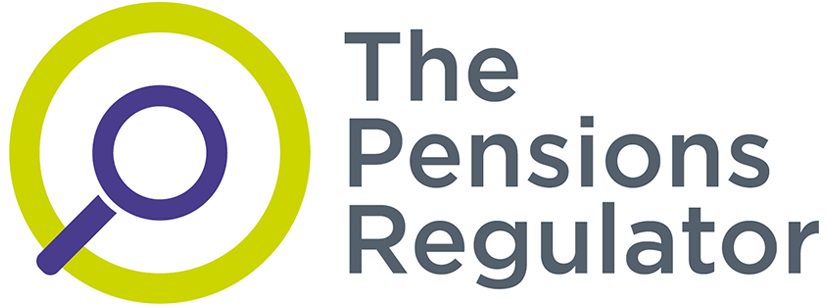The Pension Protection Fund (PPF) has released its Diversity, Equity and Inclusion (DEI) Strategy for 2025–2028, outlining plans to further integrate equity across the organisation and continue its commitment to being an inclusive employer.
The three-year strategy will see the PPF broaden its scope by introducing two new areas of focus: Social mobility and LGBTQ+ inclusion.
These new areas of focus intend to reflect the organisation’s growing emphasis on equity, recognising that people experience different barriers in life and that a one-size-fits-all approach isn’t right.
This builds on the PPF’s 2020-2025 Diversity and Inclusion Strategy, which focused on increasing representation and fostering inclusion in gender, ethnicity, and disability.
The PPF said “significant” progress had been made across all three areas, including achieving and exceeding the Women in Finance Charter target by having 53 per cent female representation in senior management.
In addition to this, the organisation has increased ethnic minority and diverse ability representation across the organisation.
The report showed that the PPF has seen an increase in representation of black employees across the organisation from 6.7 per cent in 2020 to 9 per cent in 2025.
Meanwhile, the number of PPF people who disclosed they have a disability or long-term health condition increased from 3 per cent in 2020 to 36 per cent in 2025.
PPF chief executive officer, Michelle Ostermann, said the organisation was “proud” of the progress it has made in the past five years, but it knows “there is still more to do”.
“This is why we have made a conscious choice to go even further with this new strategy and increase our focus on equity, so we can ensure the PPF is an organisation where everyone can be their best selves,” she said.
“This can only benefit us all – from our employees through to our members and our partners.”
A central focus of the strategy is intersectionality, aimed at improving the organisation’s understanding of how characteristics such as socioeconomic background and sexuality can interact with other factors to create barriers to opportunity and progression.
Additionally, it includes a continued focus on neurodiversity and sustaining its recognition as a Disability Confident Leader.
It will also further embed inclusive practices through leadership development, employee-led networks, and awareness campaigns.
To support this, the PPF will continue to collect and analyse workforce data to monitor progress, while also strengthening its partnerships across the industry to drive change beyond the organisation.
Initiatives such as the 10,000 Interns Foundation, Investment 20/20, and the Diversity Project remain central to the PPF’s approach.
PPF chief governance, risk and legal officer and executive committee sponsor for DEI, Dana Grey, added: “This strategy is about recognising the richness of everyone’s identity and ensuring we are fostering a culture that respects difference and embraces it in an inclusive environment.
“I am proud to be part of an organisation that continues to prioritise delivering these outcomes for the benefit of everyone.”
PPF non-executive director, Nailesh Rambhai, emphasised the importance of showing “urgency in this endeavour”.
“If it takes another generation to move the dial, that’s another group of employees that we will have failed, and, indeed, a huge pool of potential talent that we will have missed out upon,” Rambhai said.
Latest News
-
Reeves delivers low-key Spring Statement
-
FCA opens targeted support authorisation gateway
-
ACA calls for formal notification process for professional trustee appointments
-
Royal Mail CDC scheme delivers pension increase of 6.4% in first year
-
Maps calls for industry to help sign up consumers for next dashboard testing phase
-
PASA launches trustee-admin engagement series to strengthen governance and oversight
THE ROLE OF INSURANCE LINKED SECURITIES (ILS) IN PENSIONS TODAY
Francesca Fabrizi sits down with Leadenhall Capital Partners Senior Managing Director, Alistair Jones, to talk about the role of Insurance Linked Securities (ILS) in pension fund investing today
Private markets – a growing presence within UK DC
Laura Blows discusses the role of private market investment within DC schemes with Aviva Director of Investments, Maiyuresh Rajah
Podcast: From pension pot to flexible income for life

Podcast: Who matters most in pensions?

In the latest Pensions Age podcast, Francesca Fabrizi speaks to Capita Pension Solutions global practice leader & chief revenue officer, Stuart Heatley, about who matters most in pensions and how to best meet their needs
© 2019 Perspective Publishing Privacy & Cookies










Recent Stories